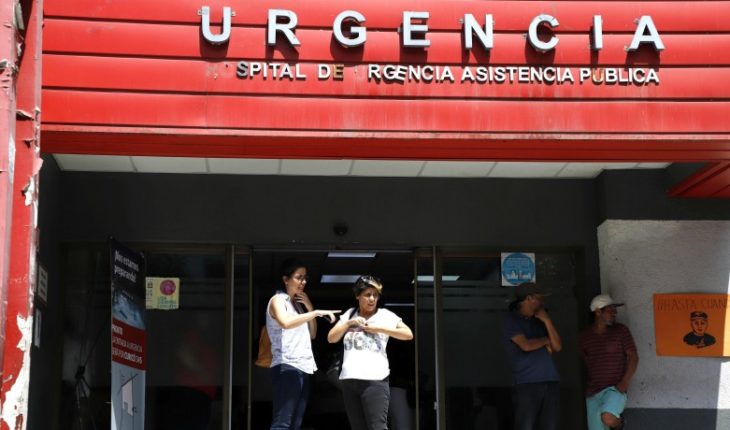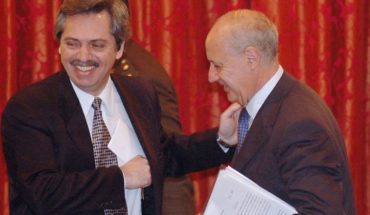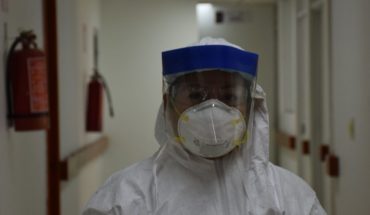During this day, the closure of the Office of Integration of the Emergency Hospital of Public Assistance (HUAP or former Central Posta) was confirmed, which was responsible for providing services and facilitating care for indigenous patients, migrants and sexual diversity. The move would have been taken by Luis Carrasco Ruiz, deputy director of the venue, just one month after taking office, a decision that was accompanied by the disengagement of Jean Noel Telo, Haitian physician and head of the integration office. As indicated by the management of the hospital, it would be the Central Health Service that would eventually supplement the integration office, but from the Association of Public Assistance Physicians (AMAP) a rejection was generated in the face of the measure, so they sent a letter to Carrasco in which he was asked to set foot back in the decision. In this sense from the AMAP they indicated that the integration office was doing work “with sociocultural relevance, particularly of the non-Spanish-speaking (mostly Haitian) migrant population” and also asked in their missive the surrogate director of the establishment that the disengagement of Dr. Jean Noel Telo was reconsidered. At the moment they indicate that they have not received any response from Carrasco, pointing out that “It is a pity that the director, shortly after coming to rule the Post, takes away a valuable tool for the attention of the migrant,” he told the media Patricio Barría Ailef, internist and president of AMAP. Delving into his rejection of the measure i point out that “If you grant people a right, you can no longer go back. In most high-volume centers, translators were hired, but that doesn’t mean it’s better than an integration office,” he said. He added that “when a medical professional interviews you, you get targeted information. This technique is not handled by a person who is just a translator. It’s like being a journalist: it’s different to be a journalist and interview someone with a translator, than to speak in the dialect in which communication occurs.”
translated from Spanish: Integration office closes at former Posta Central
January 1, 2020 |





